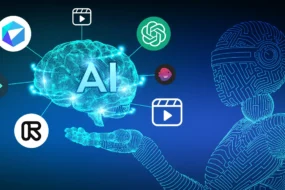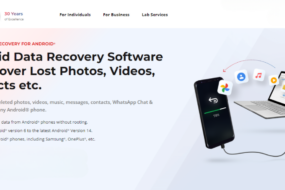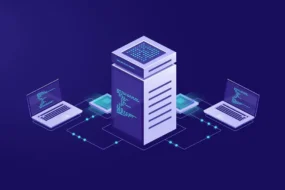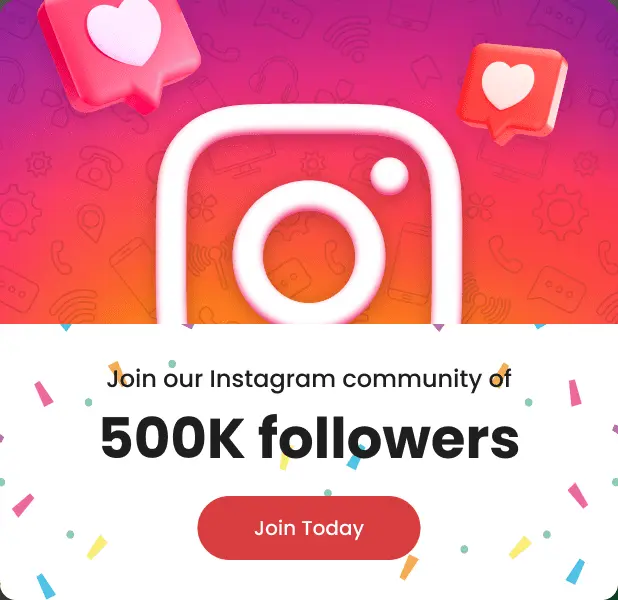There’s no doubt that artificial intelligence has improved modern technology standards and changed the norms of “normal” in numerous ways. One of the ways AI has made an impact is through chatbots and language models, such as ChatGPT and Google.
- What is Google?
- What is ChatGPT?
- What Exactly Can You Do With ChatGPT?
- How Does Google Operate?
- How Does ChatGPT Operate?
- Advantages and Disadvantages of Google and ChatGPT:
- Can ChatGPT Replace Google Search?
- How Is ChatGPT Better Than All Other Chatbots Out There?
- Google is Losing its Organic Search Rankings Leading to a Downfall of the Search Engine:
- Using ChatGPT for SEO and Content Creation:
- How to Get the Most Out of Chatgpt for Content Creation
- Is AI Content Detectable?
- ChatGPT May, at Some Point, Contain a Watermark
- AI-Generated Content Alone is a Bad Idea:
- List of Tools that Leverage ChatGPT 3
Since the release of ChatGPT by OpenAI, the techno world has been taken away by a mini-storm of debates around whether ChatGPT will overtake and replace the tech giant like Google when it comes to searching for relevant and useful information.
To give our humble opinion on the same, in this blog, we will compare ChatGPT and Google in terms of usability, the accuracy of results, cost efficiency, visual appeal, and more. We will also explore how ChatGPT is better than other chatbots, how it can be used for SEO and content creation, and some of its limitations.
Before getting into the debate of who’s better: Google or ChatGPT, let’s go back to the fundamentals and core nature of the tools to clear unuseful noise surrounding the topic.
What is Google?
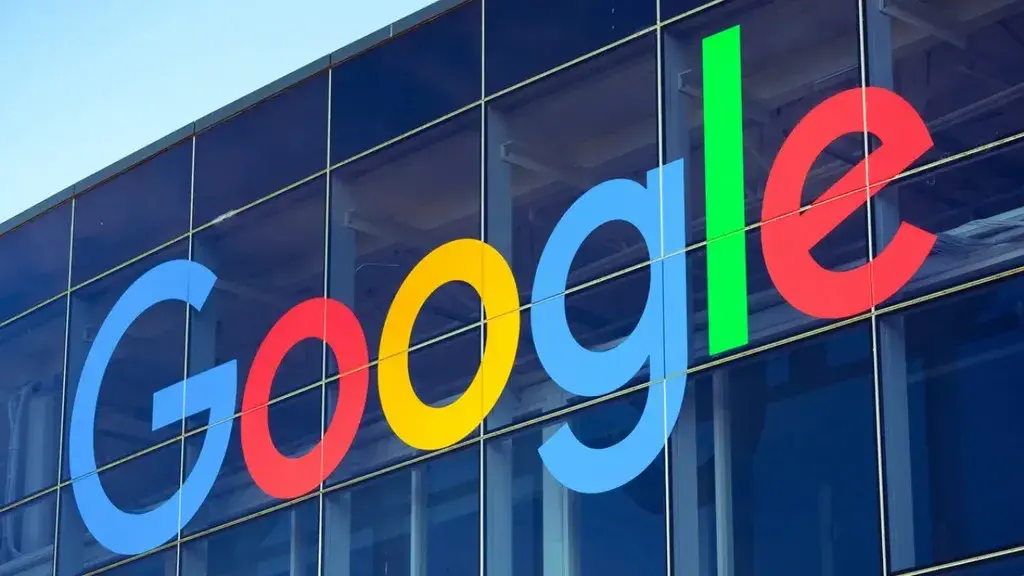
Google is a multinational tech company that offers a wide range of products and services, including the world’s most popular search engine. Google search is a tool that allows users to find information on the internet by entering keywords or phrases into a search bar. Google’s search algorithms use various factors to rank websites and determine the most relevant search results.
What is ChatGPT?
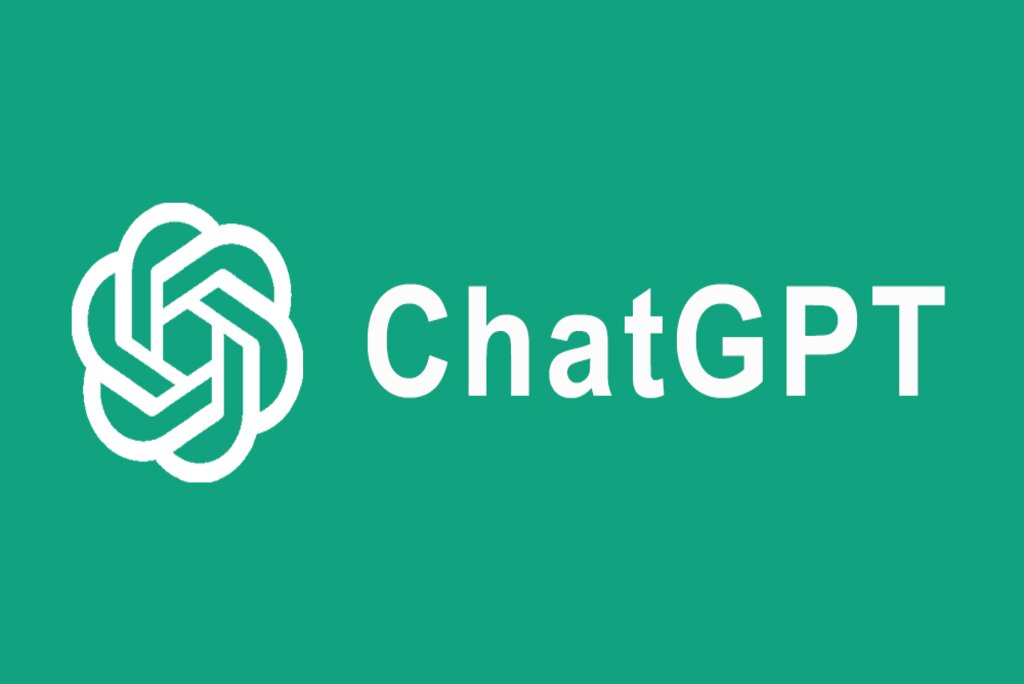
On the other hand, ChatGPT is a large language model trained by OpenAI. It can understand and generate human-like text when given a prompt or context. ChatGPT is not a search engine like Google, but it can be used to generate content and assist with tasks such as answering general questions, internet research, keyword research, and grammar checks.
What Exactly Can You Do With ChatGPT?
ChatGPT has a wide range of potential uses, including
- Getting answers, basic information, and primary research on a given topic
- Identifying and offering relevant keywords for SEO and content creation
- Checking grammar and spelling Generating creative content, such as articles and blogs posts
- Generating heading suggestions for pages and posts Writing compelling ad copies for Google, Facebook, and Amazon campaigns
How Does Google Operate?
By default, Google’s search algorithms use various factors to rank websites and determine the most relevant search results based on what a user has searched for. These factors include the quality and relevance of the website’s content, the website’s loading speed, the presence of keywords in the website’s content and metadata, and the website’s backlinks from other reputable sources.
How Does ChatGPT Operate?
ChatGPT leverages machine learning algorithms to analyze and understand a given prompt or context. It can then generate human-like text based on received text queries and deliver relevant answers.
OpenAI has trained ChatGPT on a vast dataset of human language, allowing it to understand and generate text in a way similar to a human, thanks to natural language processing (NLP).
Advantages and Disadvantages of Google and ChatGPT:
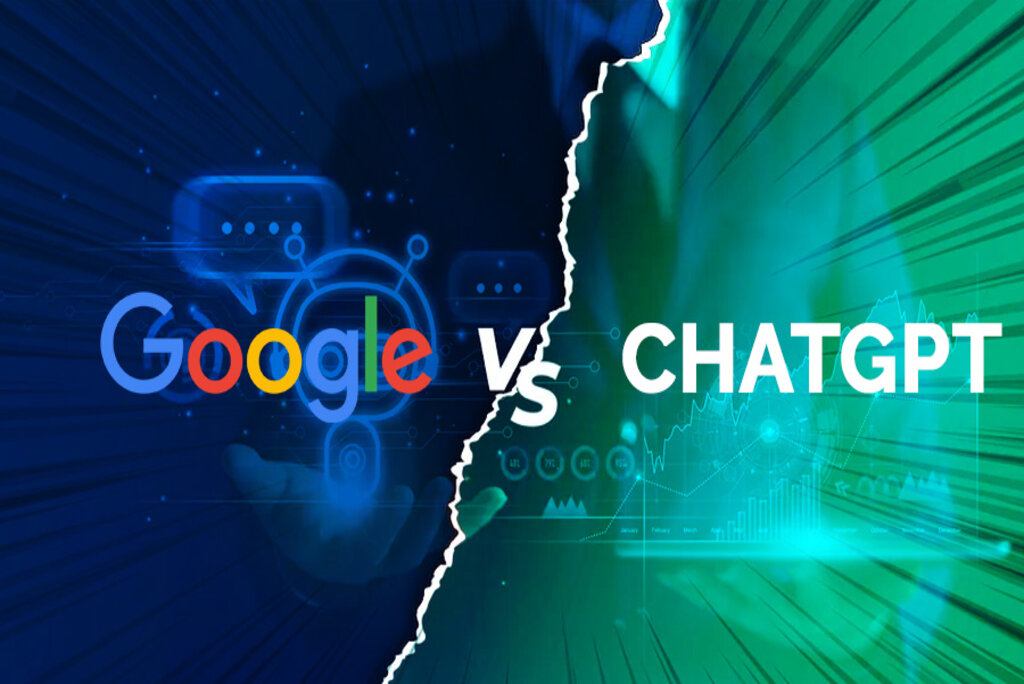
When comparing ChatGPT and Google, it is important to look at both tools’ pros and cons and use them according to their best capabilities. Here we have given one-line advantages and disadvantages of both for a quick view:
Advantages of Google
- Google search is widely used and trusted by users
- It provides accurate and relevant search results
- It offers a variety of features and tools, such as Google Maps and Google Translate
Disadvantages of Google:
- Google’s search algorithms can be complex and difficult to understand, making it challenging for some websites to rank well in search results
- Google’s advertising products, such as Google Ads, can be expensive for businesses
- Some users may be concerned about their data privacy when using Google products and services
Advantages of ChatGPT:
- ChatGPT can generate human-like text quickly and efficiently
- It can assist with tasks such as keyword research and grammar checks
- It can be used to generate creative content, such as articles and blog posts
Disadvantages of ChatGPT:
- ChatGPT is a language model, not a search engine, so it does not provide search results as Google does, like providing the latest and future-related information
- Chatbots and language models still have limitations and may not always generate accurate or relevant text
- ChatGPT requires highly detailed instructions to generate text, which can be time-consuming for some users
Can ChatGPT Replace Google Search?

As mentioned above, ChatGPT is a language model, not a search engine like Google. While it has the ability to generate human-like text, it does not provide search results or ranking algorithms as Google does.
ChatGPT can be used to get a quick definition of a subject matter and get assistance with tasks such as keyword research and grammar checks, but it is not a replacement for a search engine, not anytime soon for sure.
Moreover, ChatGPT and other AI chatbots are not also replacements for human expertise, experience, and judgment.
Here are some of the metrics we have considered while comparing ChatGPT with Google:
Usability:
When you type a query on Google search, you get results in multiple formats, including text, images, and videos. Moreover, if you have searched for something like flights between place A to Place B, you will also get options to book the flights on top of the search engine results pages (SERPs).
Whereas on ChatGPT, you get only information and instruction about the given query in text-based format only.
Accuracy of the Results:
Google’s search algorithms are designed to provide accurate and relevant search results. However, there may be instances where the results are not completely accurate or relevant; for example, you may get a lot of ads when you are simply looking for information.
If we compare the same with ChatGPT, as a language model, it is trained on a vast dataset of human language along with free available data on the internet up to 2021 to provide answers and solutions to simple and complex queries while “trying” to replicate human-like intelligence.
Cost Efficiency:
Google search is free to use for users, but businesses may have to pay for advertising products such as Google Ads.
ChatGPT, on the other hand, is free at the moment, but you may need to pay fees per query or monthly subscription to use the platform.
Visual Appeal:
Google search is widely used and trusted by users and is generally easy to use. Users can enter keywords or phrases into a search bar and receive a list of relevant search results. Nonetheless, if you are not fond of getting multiple ad links before getting your answer, Google might not fit well with your preferences.
ChatGPT, on the other hand, gives you precise and to-the-point answers to whatever questions you have asked for.
How Is ChatGPT Better Than All Other Chatbots Out There?
ChatGPT is a large language model trained by OpenAI, which means it has been trained on a vast dataset of human language and other information available online. This allows it to generate human-like text more accurately and efficiently than some other chatbots. ChatGPT also has many potential uses, including keyword research, grammar checks, and content creation, making it a versatile tool for businesses and individuals.
One significant advantage ChatGPT has over other AI chatbots is that ChatGPT can learn new things by itself with the data it already has and connect the dots of the questions people are asking along with their respective answers.
Google is Losing its Organic Search Rankings Leading to a Downfall of the Search Engine:
Though Google holds 90% of the market share, there has been some speculation that Google is losing its dominance in the search engine market due to the overflowing of unnecessary advertisements. People are diverting to other platforms like YouTube, Quora, Reddit, Discord, and local communities to get their answers, posing little yet noticeable threat to Google’s authority.
Using ChatGPT for SEO and Content Creation:
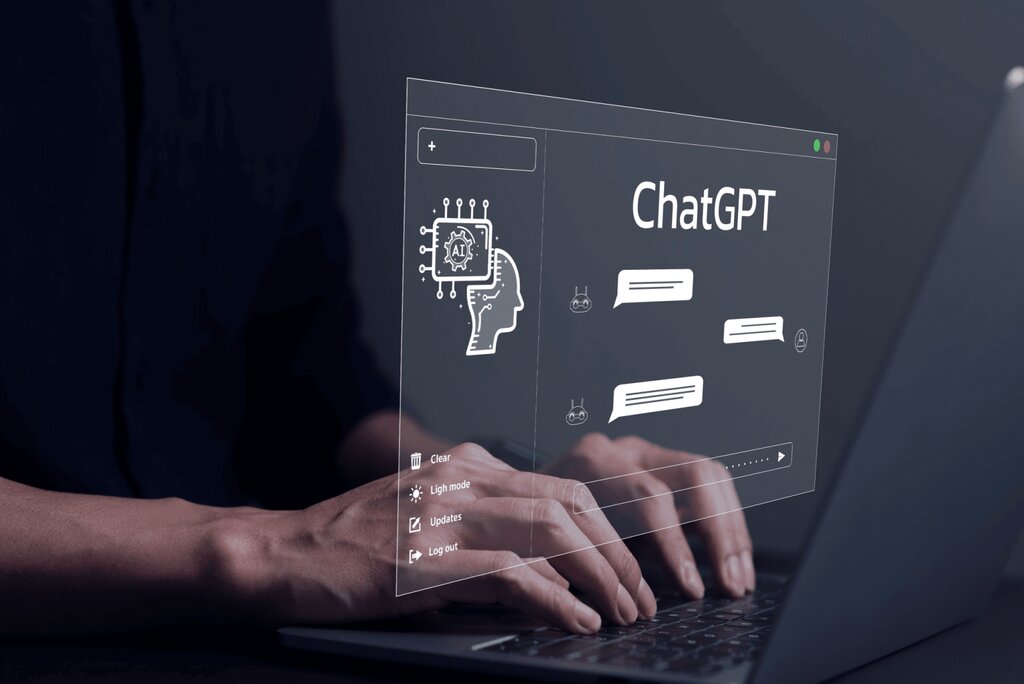
If you are wondering how ChatGPT will impact SEO and content creation, let us tell you that you are not the only one.
With the increasing popularity and amazing and unbelievable potential of ChatGPT, you can use it for SEO and content creation in many ways. Here are some examples of it:
Identifying and Offering Relevant Keywords:
ChatGPT can analyze a given prompt or context and suggest relevant keywords that could be used in SEO or content creation.
Checking Grammar and Spelling:
Sometimes, while writing, humans can make minor mistakes, and ChatGPT can assist with proofreading and ensuring that content is free of errors. Flawless content free of spelling and grammatical errors is more likely to be perceived as credible than content with flaws.
Generating Creative Content:
ChatGPT can generate articles, blog posts, and other types of content based on a given prompt or context that may help you improve your website’s traffic and rankings.
Creating Heading Suggestions for Your Pages/posts:
ChatGPT can analyze a given prompt or context and suggest creative and compelling headings for pages or posts.
Writing Compelling Ad Copy:
ChatGPT can generate persuasive and engaging ad copy for businesses to use in their advertising campaigns.
Generating High-Quality Content Quickly:
ChatGPT can generate creative and engaging content quickly and efficiently, which can be beneficial for businesses that need to produce a large volume of content.
How to Get the Most Out of Chatgpt for Content Creation

With ChatGPT, you can save a lot of time and energy while ideating and creating your content for multiple purposes. For example, you can ask ChatGPT to give top X creative ideas to decorate your Christmas tree or tips to grow your business organically.
Moreover, once you are done with ideating your content, you can get over manual and time-consuming tasks like writing with ChatGPT.
The more precise instructions you give, the better results you get in terms of accuracy and relevancy. However, proofreading the generated content and ensuring it matches the quality you are looking for before you hit the publish button is always a good idea.
Is AI Content Detectable?

With increasing numbers of AI tools creating content online, it has become a threat to writers who publish original content. Moreover, companies that pay writers also wants to verify the authenticity of the content.
In such cases, you can find a few tools online that can help you identify if the content is written by AI. You need to check and see how well these tools are working for you. Keep in mind that Google penalizes AI and autogenerated content, so even if you use ChatGPT to write blog posts or other content for you, be careful about the quality of and probable penalty from Google.
If you don’t want to use any tools to detect AI content, you can easily do so by certain features or characteristics that are unique to machine-generated text, like repetitive or formulaic language, a lack of human-like errors or irregularities, and a lack of personal style or voice.
ChatGPT May, at Some Point, Contain a Watermark
There is no wonder if ChatGPT and other AI Chatbots start having watermarks for their content to identify AI-written content. These watermarks can be in the form of some hidden patterns or a specific way the content gets generated to prevent plagiarism. We don’t know at the moment; only time will tell us what is going to be a reality.
AI-Generated Content Alone is a Bad Idea:

While AI-generated content can be a useful tool for businesses and individuals, relying solely on AI-generated content is not a good idea. AI-generated content still has limitations and may not always be accurate or relevant. It is important to supplement AI-generated content with human expertise and judgment to ensure the highest quality and effectiveness.
Here are some of the examples of ChatGPT’s limitations while creating content:
- Programmed to Avoid Certain Kinds of Content: ChatGPT and other language models are programmed to avoid certain types of content or topics. For example, generating offensive or inappropriate language, commenting on historical and political figures, and providing personal opinions.
- Unaware of Current Events: ChatGPT and other language models are unaware of current events and may be unable to generate accurate or relevant text about recent developments or trends. Let us tell you that ChatGPT has data only up to till 2021.
- Has Built-in Biases: Like all machine learning models, ChatGPT has been trained on a dataset of human language, which may contain biases. These biases may be reflected in the generated text, and it is important to be aware of and address them.
- ChatGPT Requires Highly Detailed Instructions: ChatGPT and other language models require highly detailed instructions to generate text, which can be time-consuming for users.
List of Tools that Leverage ChatGPT 3
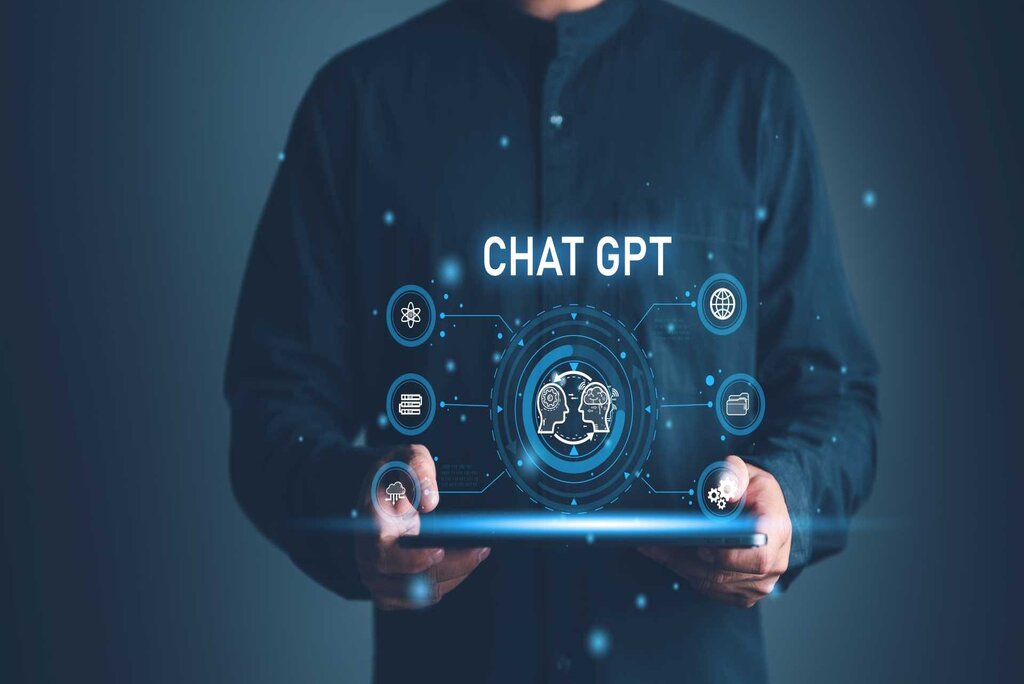
There are a number of tools and platforms that leverage ChatGPT 3, including
- OpenAI API: The OpenAI API allows developers to access and use ChatGPT 3 for various applications and projects.
- GPT3.io: GPT3.io is a platform that allows users to easily access and use ChatGPT 3 for tasks such as content generation and keyword research.
- Talk to Transformer: Talk to Transformer is a website that allows users to interact with ChatGPT 3 and generate human-like text based on a given prompt or context.
- Hugging Face: Hugging Face is a popular natural language processing library that implements various transformer models, including ChatGPT. It can be used to build chatbots and other language-based applications.
- Botpress: Botpress is an open-source platform for building chatbots and conversational interfaces. It includes support for various transformer models, including ChatGPT, and allows developers to build and deploy chatbots quickly and easily.
- ManyChat: ManyChat is a chatbot platform that allows businesses to build and deploy chatbots on various messaging platforms, including Facebook Messenger, WhatsApp, and more. It includes support for using GPT-based models, including ChatGPT, to generate responses to user input.
Conclusion:
To conclude, we can say that, ChatGPT is a powerful language model trained by OpenAI that has a wide range of potential uses, including content generation and keyword research. However, it is important to be aware of its limitations and to supplement its generated text with human expertise and judgment. While ChatGPT and other language models may have the potential to impact SEO and content marketing, they are not a replacement for human expertise and judgment. Google remains the dominant player in the search engine market, but it is important for businesses and individuals to be aware of and consider the potential impact of AI technologies such as ChatGPT.
Discover more:







